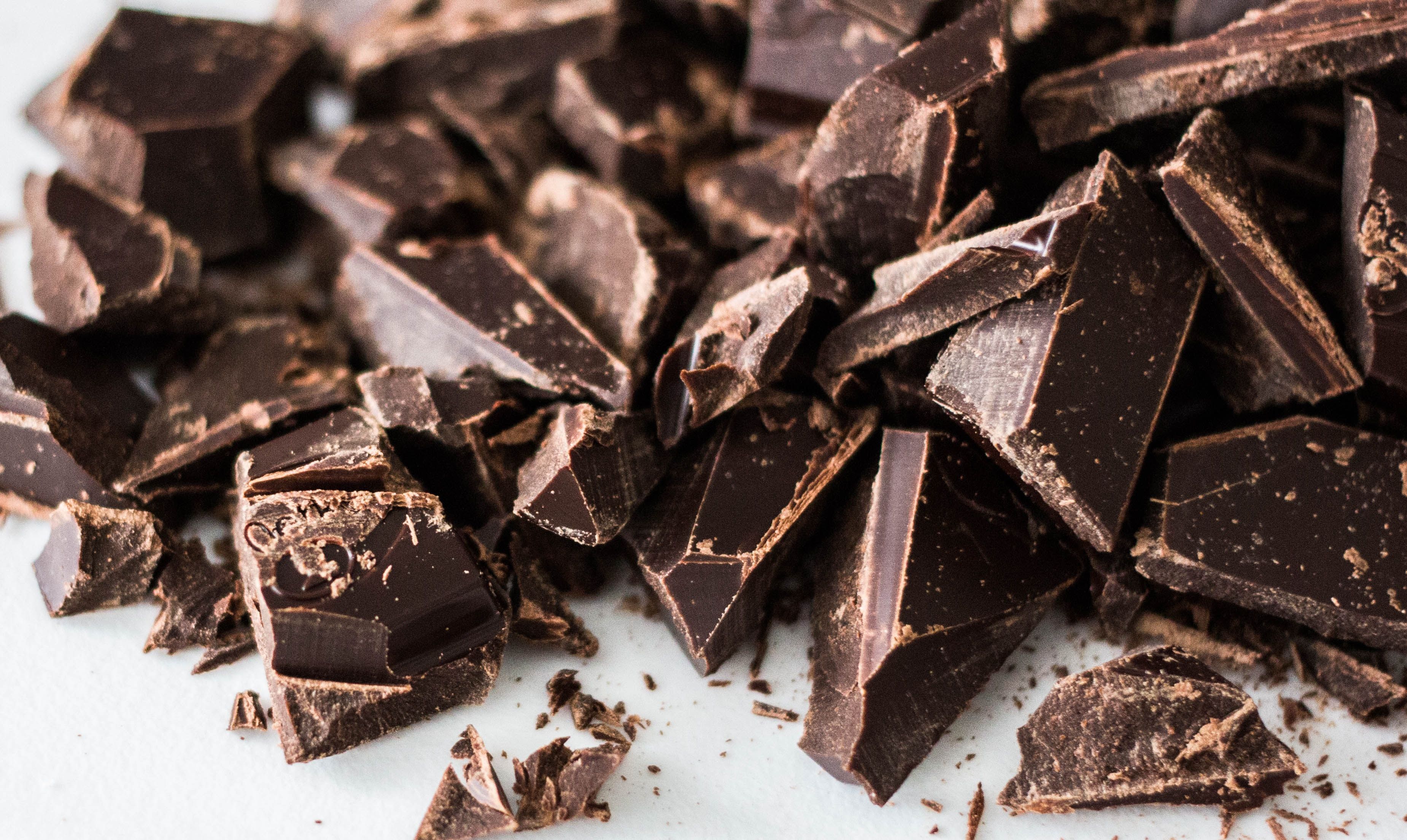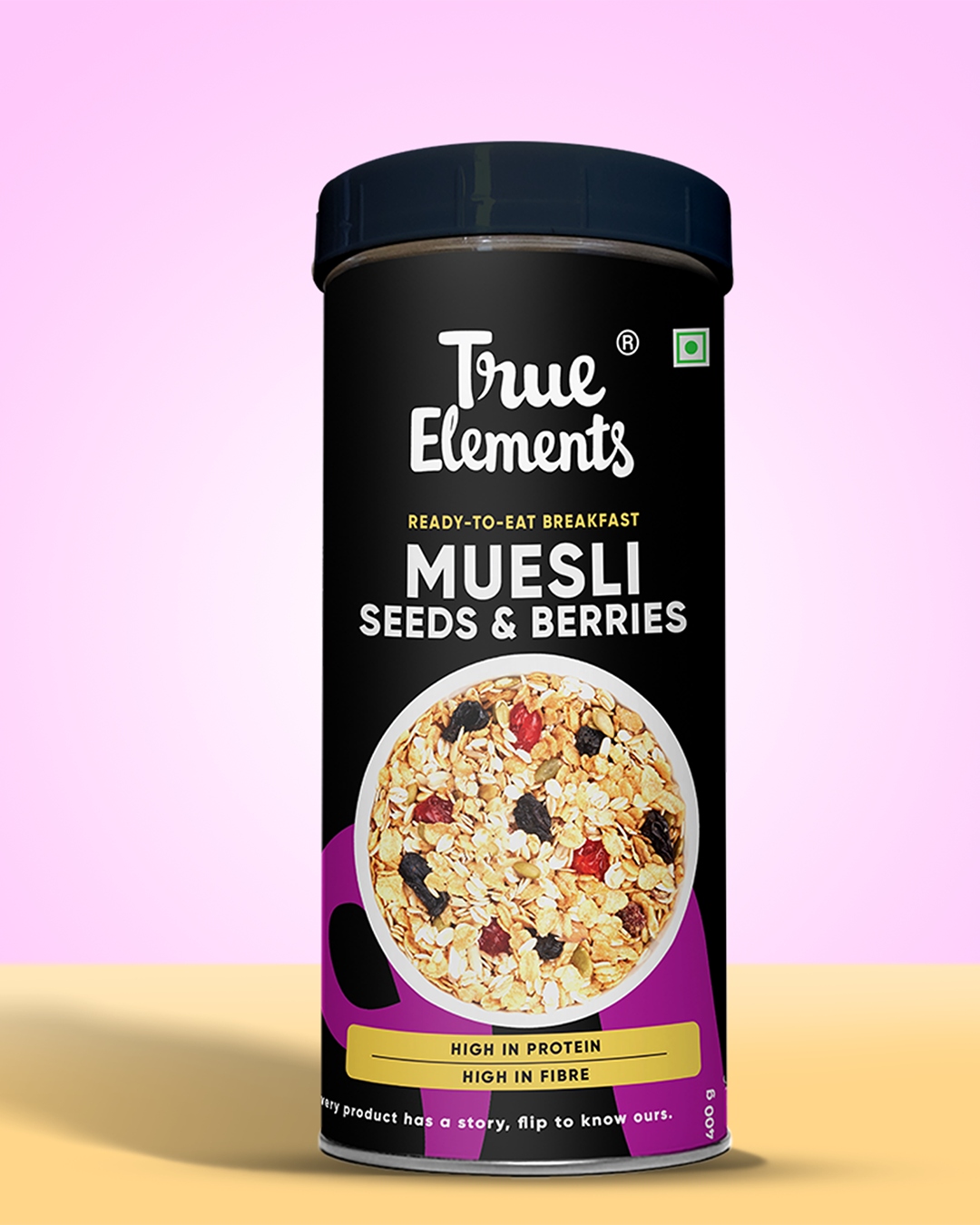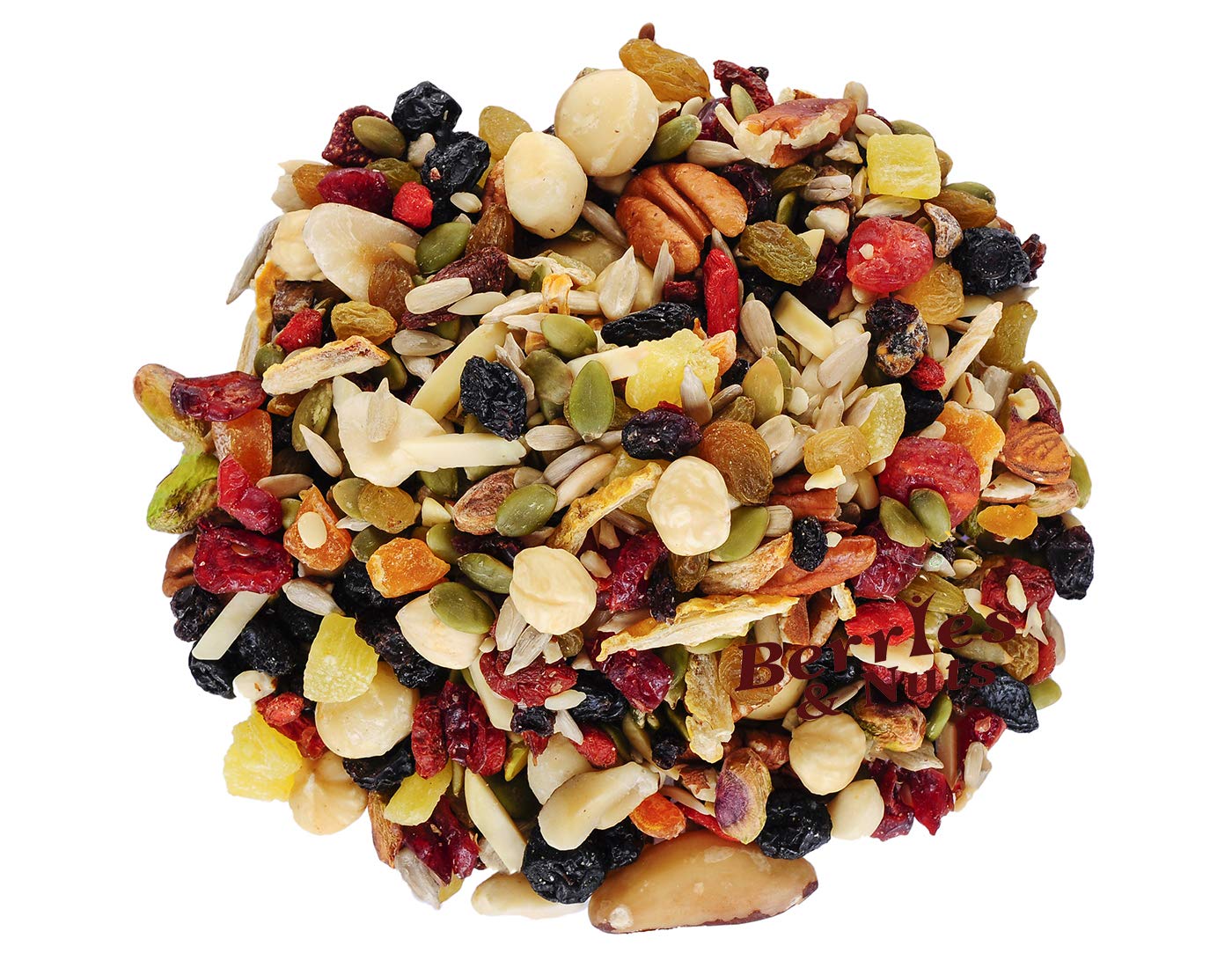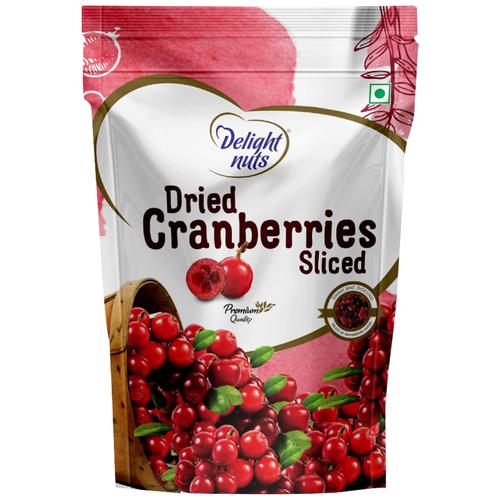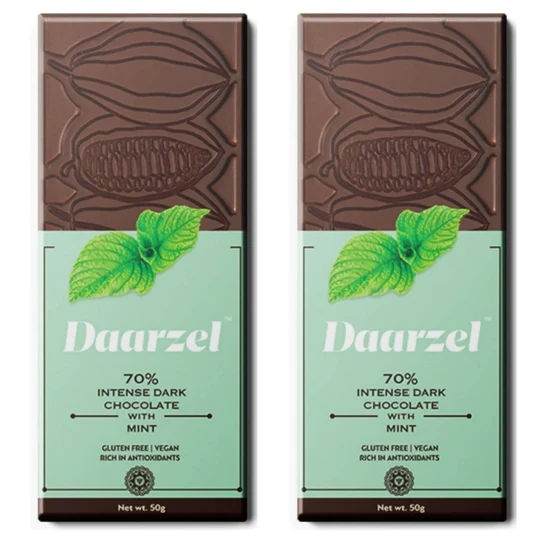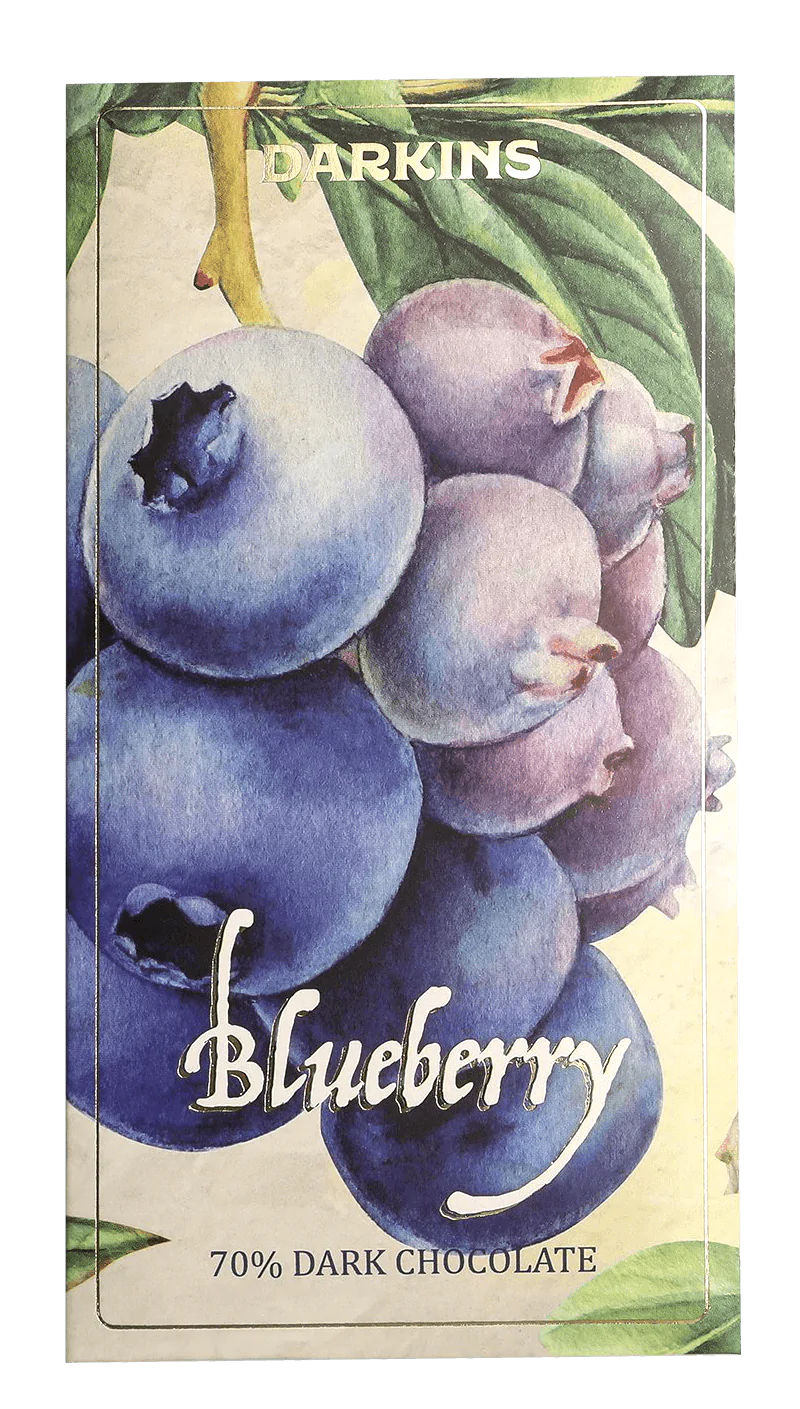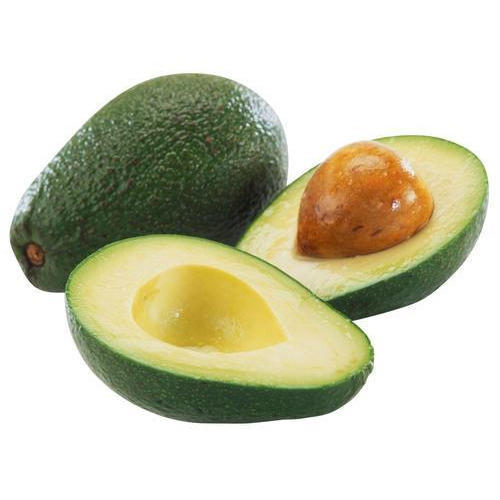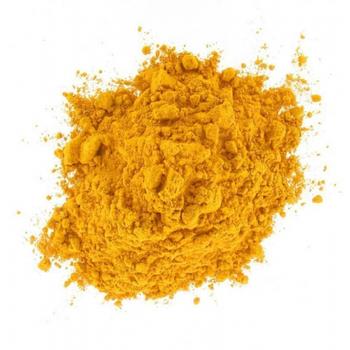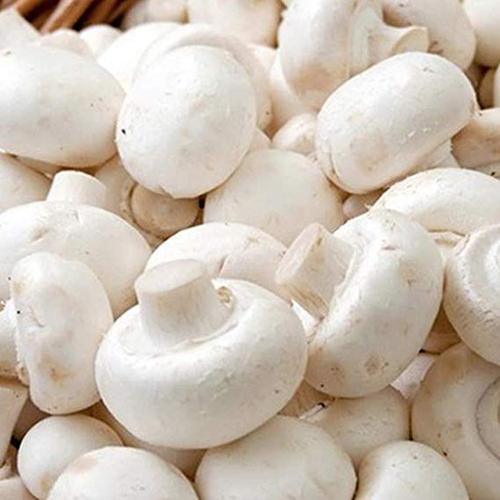Published Date January 24, 2003
Food and Inflammation
By Hetvi Shah
4 min read
Last update date: January 24, 2003
Inflammation is the primary immune response when your body has been exposed to an injury or a foreign particle (that the body cannot recognize), by sending out the inflammatory cells along with cytokines (stimulating the production of inflammatory cells) ... 
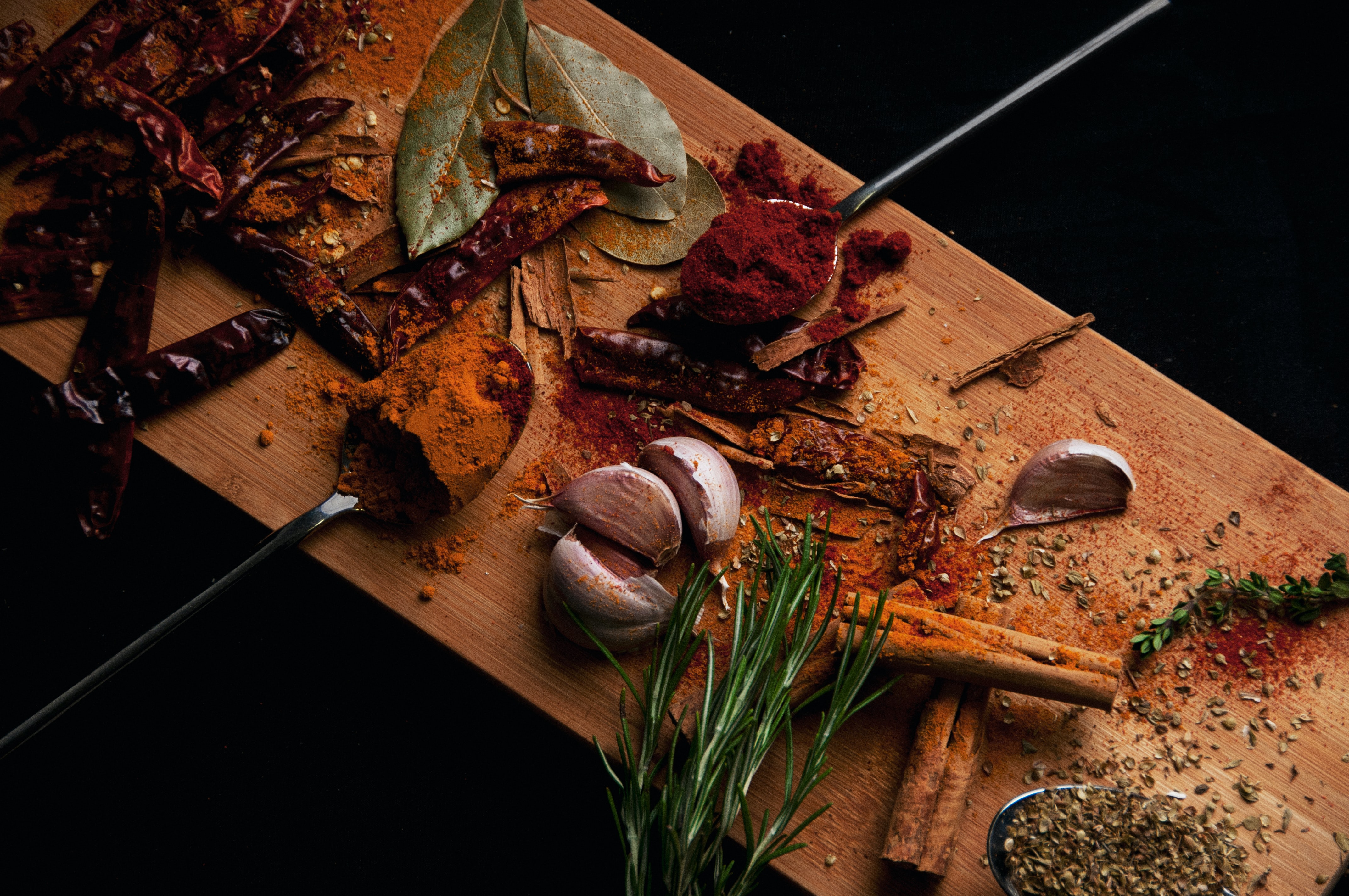
What is inflammation?
Inflammation is the primary immune response when your body has been exposed to an injury or a foreign particle (that the body cannot recognize), by sending out the inflammatory cells along with cytokines (stimulating the production of inflammatory cells).
The first action that these inflammatory cells take is to trap the foreign particles or try to heal the injured cells/area. Some of the signs of these actions are redness, swelling or skin discomfort.
- Acute inflammation - Immediate response to sudden damage caused to the body such as a cut on your hand. Inflammatory cells are sent to start the healing process immediately.
- Chronic Inflammation - Continuation of inflammatory response even in a no-danger situation. For instance; the attack of inflammatory cells or substances on the joint causes the inflammation to appear and disappear, in Rheumatoid Arthritis.
Causes of Inflammation
When the body is injured, the flow of blood increases towards it because the chemicals in the white blood cells move into the blood to protect the body from intruders thus causing pain.
Some lifestyle factors include excessive consumption of alcohol, exercising at the maximum intensity too frequently or not at all, smoking, or chronic stress.
Foods to Eat
- Fibre-containing foods: To reduce the inflammatory response, a diet rich in fibre may cause the gut bacteria to metabolize the fibre into Short-chain fatty acids(SCFAs) hence, boosting the immune system. Foods such as berries and avocados can be included in the diet.
- Plant-based foods: Foods that contain antioxidants, anthocyanin, and lycopene could be beneficial in reducing inflammation. The anti-inflammatory properties of these antioxidants can reduce the levels of cytokines nuclear factor kappa B (NF kB) in the body. Lycopene reduces the pro-inflammatory compounds related to several types of cancers. Foods include; broccoli, avocado, tomato, bell peppers, green tea, grapes, and mushrooms.
- Dark chocolate and Cocoa: The flavanols (antioxidant-anti-inflammatory) help in keeping the endothelial cells in the arteries healthy.
- Herb and spices: Turmeric, garlic, basil, cinnamon, and oregano are just a few of the spices that have anti-inflammatory abilities. Turmeric contains curcumin, an anti-inflammatory compound that helps reduce inflammation caused by arthritis, diabetes, and other diseases. A study suggests that intake of 1 gram of curcumin with piperine (a compound found in black pepper) may significantly decrease inflammation.
Foods to Avoid
Limiting or avoiding foods that can cause inflammation include;
- Processed foods.
- Foods high in sugars and salts.
- Fried foods.
- Foods high in unsaturated and trans-fats
In addition, avoiding;
- Gluten: Gluten-free diet may be restrictive. However, some people may feel gluten is triggering their inflammation levels and can try to eliminate/avoid gluten to see its effects.
- Nightshades: Including tomatoes, eggplants, peppers and potatoes from the nightshade family can reduce inflammation too, Although, there is no proper claim that confirms that.
- Carbohydrates: Based on some evidence, a high carbohydrate diet can increase inflammation.
Remember, no single food can contribute to reducing inflammation, fresh and simple ingredients would be best, a food plate with a diversity of colours will provide a range of antioxidants.
Takeaway
Inflammation is the process by which the body activates the immune system to fight against foreign intruders in the body. Inflammation can hype up the risk of several severe diseases. Add foods that can lower the levels of inflammation in the body. Be aware that even low levels of inflammation on a chronic basis lead to diseases. Managing stress, exercising 3-5 times per week, reducing alcohol maximum up to 2 ounces(56 grams) per day, meditating or journaling, and developing such healthy habits can contribute to lowering the inflammation levels too.
References
- https://my.clevelandclinic.org/health/symptoms/21660-inflammation
- https://www.henryford.com/blog/2018/05/inflammation-and-your-diet-whats-the-connection
- https://www.medicalnewstoday.com/articles/320233
- https://my.clevelandclinic.org/health/symptoms/21660-inflammation
- https://www.webmd.com/arthritis/about-inflammation
- https://www.healthline.com/nutrition/13-anti-inflammatory-foods#TOC_TITLE_HDR_9
Related Items
Choose Healthy With Us.
Know the real truth about your food. Stay informed and healthy, for free.

Download the App Now
Certified nutritionists trust our food recommendations. Safe to say, so can you :)




